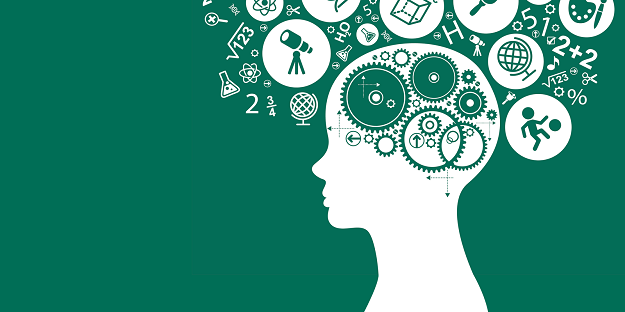Their needs and corresponding motives are the most intimate core of business. It is known from general psychology that the structure of the motives corresponds to the structure of needs. The motif is the motivation for activity related to the satisfaction of certain needs. The action is a relatively complete element of the activity aimed at achieving certain objectives, corresponding to the activity.
The action can be external and internal. The activity attributed to its subject has the following main characteristics: reflective character - the represented activity is reflected in the subject's psyche in the form of images and knowledge; nasopharyngeal character - through the activity is formed the intellectual component of the person in terms of concepts, mental operations and mental actions; the nature of relationships - human activity is always accompanied by experiences that take the form of emotions and feelings; predictive nature - the activity is possible only if there is a certain objective or a system of objectives and ways to implement them; forming character - in the process of activity the higher psychic functions are formed; The nature of communication - whatever activity a person does, he at the same time communicates. The main types of human activity can be divided into play, learning and labor.
The game is a kind of activity accompanied by strong and dynamic emotional experiences, the essence of which consists in reproducing and absorbing by the child the substantial objects and their relationships and the behavior of the adults and their relationships. The problem of the essence and functions of child play has different and in some cases conflicting decisions in different psychological schools and strands. Hall looks at the game as a stage in the cultural development of mankind. Spencer explains the game with the excess biological energy of the body. Gross views the game as a manifestation and realization of childhood instincts, and the earliest manifestation of innate gifts and tendencies. Stern thinks that the game is an instinctive self-education that develops the talents, the unconscious exercise, and the formation of future serious social functions. Buhler defines the game as an activity that brings enjoyment and is maintained by it, regardless of its additional functions and interconnections. Psychoanalytic psychology defines the game as an escape from reality.

This post has received a 5.34 % upvote from @boomerang.
Downvoting a post can decrease pending rewards and make it less visible. Common reasons:
Submit